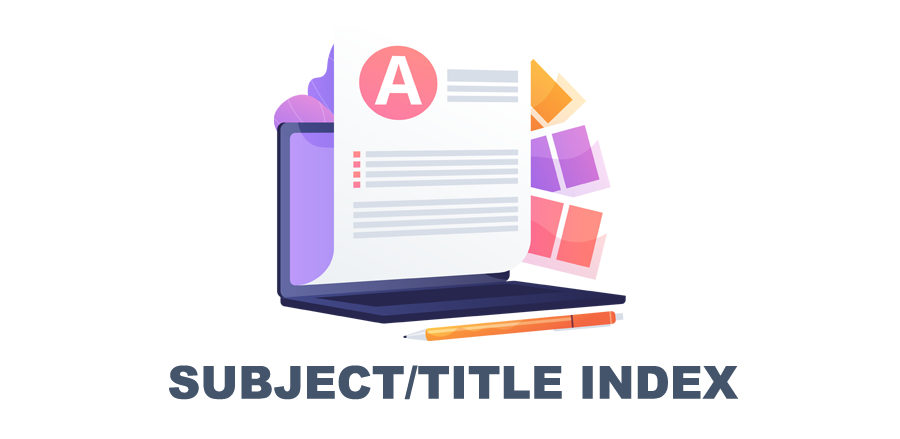Upaya Meningkatkan Kompetensi Sikap, Pengetahuan dan Keterampilan Tentang Selalu Berhemat Energi (Tema 2) Menggunakan Model Project-Based Learning Semester I Tahun Pelajaran 2018/2019 di Kelas IV SDN Kepuh Klagen Wringinanom Gresik
DOI:
https://doi.org/10.32616/pgr.v3.1.168.93-104Keywords:
competency attitudes, knowledge and skills, project-based learningAbstract
Project-based learning is more focused on meaningful life problems for students, the role of the teacher presents problems, asks questions and facilitates students in designing a project they are doing. The problem of attitudinal competence, knowledge and skills about always saving energy (Theme 2) using a project-based learning model in researched schools that is solving the problem is immediately needed. This study aims: 1) Describe the activities of teachers in learning activities to improve the competency of attitudes, knowledge and skills about always saving energy (Theme 2) using the first semester project-based learning model for Academic Year 2018/2019 in Class IV of Kepuh Klagen Wringinanom Gresik SDN. 2) Describe the activities of students in learning activities to improve the competency of attitudes, knowledge and skills about always saving energy (Theme 2) using the first semester of the 2018/2019 Academic Year project-based learning model in Class IV of Kepuh Klagen Elementary School Wringinanom Gresik. 3) Describe learning using the project-based learning model in improving the competency of attitudes, knowledge and skills about always saving energy (Theme 2) in Class IV of Kepuh Klagen Elementary School Wringinanom Gresik. This research is a classroom action research conducted collaboratively. Designing problem situations, and ways to collaborate with children, is the main focus of meetings that occur between teachers and researchers. This research was carried out at the Kepagen Klagen Wringinanom Gresik Elementary School with the address Bureng Kidul, Kepuhklagen, Kec. Wringinanom, Gresik Regency, East Java 61176. The subjects of this study were 25 Grade IV students. The study was conducted in the odd semester of the 2018/2019 academic year, for 3 months (July, August and September 2018). Procedures for cyclical action research are: 1) planning, 2) implementation, 3) observation, and 4) reflection, through a series of cycles. Data collection through observation (observing), artifacts and documents (testing) and nonstandard tests. Test instrument items with validity test, reliability test, calibration test (level of difficulty) and distinguishing test. the entire process of data analysis is interactive using the Miles and Huberman models with the final mix method analysis. The results of the study concluded: 1) The teacher's activity experienced an increase in Pre-Actual outcomes 67.14 percent and increased in Cycle I by 77.14 percent and increased in Cycle II by 89.29 percent; 2) Student activity has increased in Pre-Action to get 42.86 percent and increase in Cycle I by 65 percent and increase in Cycle II by 86.43 percent; 3) The average value of the test (Classical Absorption) has increased in Pre-Action to get 75 percent and increased in Cycle I by 83.4 percent and increased in Cycle II by 88.4 percent. Classical Learning Completion has increased in Pre-Action get 60 percent and increase in Cycle I by 76 percent and increase in Cycle II by 92 percent.
Downloads
Downloads
Published
Issue
Section
License
Copyright (c) 2019 Madaniyah

This work is licensed under a Creative Commons Attribution 4.0 International License.







